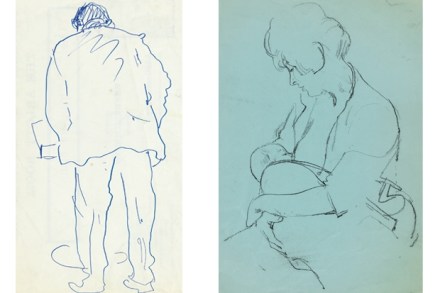The gentle intoxications of Laurie Lee
He was always lucky, and he knew it: lucky in the secure rural intimacy of the upbringing described in Cider with Rosie; in the love of some passionate, clever women, whose guidance and support get rather less than their due in As I Walked Out One Midsummer Morning; and in having survived the Spanish civil




